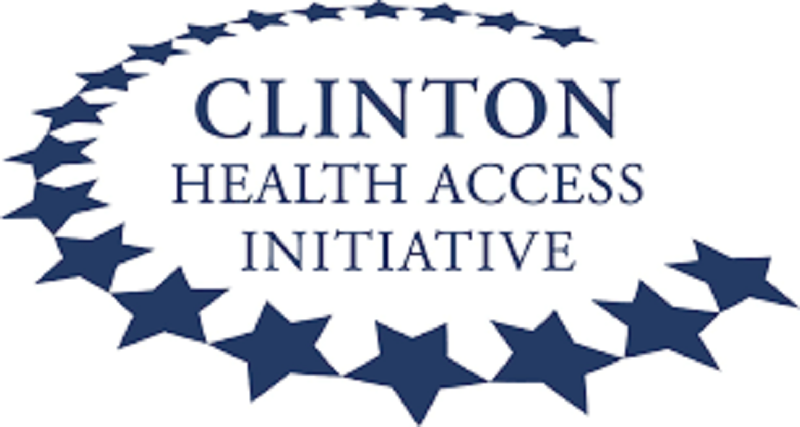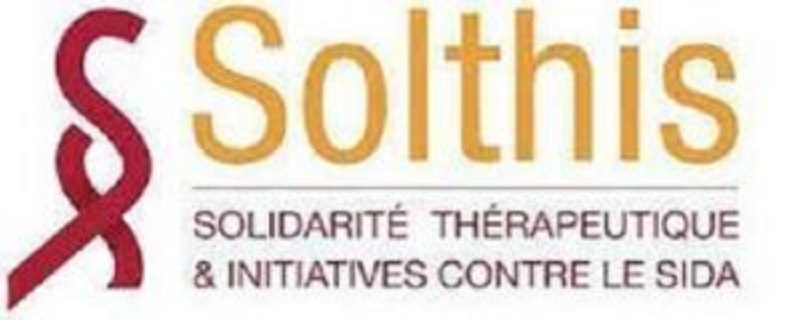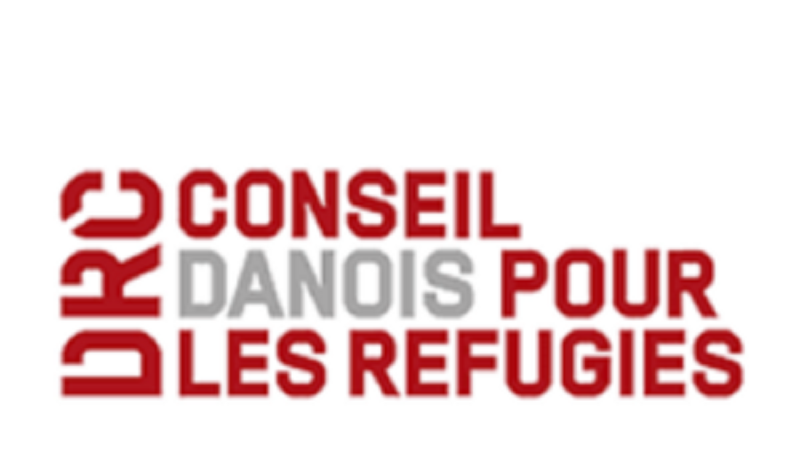Overview
La Clinton Health Access Initiative, Inc. (CHAI) est une organisation mondiale de santé qui s’est engagée à sauver des vies et à réduire la charge de morbidité dans les pays à revenu faible et intermédiaire, tout en renforçant les capacités des gouvernements et du secteur privé de ces pays à créer et à maintenir des systèmes de santé de haute qualité qui peuvent réussir sans notre aide. Pour plus d’informations, veuillez consulter : http://www.clintonhealthaccess.org.
CHAI is an Equal Opportunity Employer, and is committed to providing an environment of fairness, and mutual respect where all applicants have access to equal employment opportunities. CHAI values diversity and inclusion, and recognizes that our mission is best advanced by the leadership and contributions of people with diverse experience, backgrounds, and culture.
CHAI’s global malaria and neglected tropical disease (NTD) program provides direct technical and operational support to countries around the globe to strengthen their programs and reduce the burden of preventable, treatable diseases. We support governments to scale up effective interventions for prevention, diagnosis, treatment, and surveillance, with the goals of sustainably reducing the number of illnesses and deaths worldwide in the short-term and accelerating progress towards elimination of malaria and NTDs in the long term.
Overview of Role:
CHAI is seeking a highly motivated individual with strong public health experience and analytical skills to support the expanded surveillance and analytics scope of work across West Africa, with an initial focus on Benin, Senegal, and Burkina Faso. The individual will work with team members across CHAI’s Global, Regional and Country Malaria Teams and will therefore need to possess strong communication and organizational skills. It is expected that the Research Associate will need to collaborate with government programs, academics and public health agencies to ensure CHAI’s work is complementary and not duplicative other ongoing efforts.
Responsibilities
- Implement analytical projects related to disease (malaria and NTD) epidemiology, intervention and surveillance, as required;
- Assisting to monitor and evaluate the performance of existing and new surveillance platforms;
- Support the rollout and monitoring the performance of existing and new surveillance platforms for improved data collection, reporting, data management, automated analysis and data visualization e.g. using dashboards
- Help cultivate a culture of data-use within disease programs by strengthening usage and analysis of surveillance data by the malaria program and the quality of data
- Review and provide feedback on relevant disease programs documents including but not limited to surveillance guidelines and SOPs, M&E plans, lessons learned documents and operational manuals
- Design, implementation, analysis, and dissemination of operational research projects related to surveillance, intervention effectiveness, and entomology;
- Organizing and merging available data, assessing its quality and suitability for analysis and conducting statistical analyses; (regressions, time series and other relevant methods);
- Analyzing geographic and remote sensing data with GIS software, including descriptive and predictive mapping of malaria burden and intervention coverage;
- Provide technical supervision, training and ad-hoc programmatic support to staff members involved in epidemiological activities such monitoring and evaluation of existing activities, study implementation and all data cleaning, management and analysis tasks;
- Support design and routine implementation of monitoring and evaluation of CHAI and governmental programs
- Translating results to national and sub-national government partners to support evidence-based decision making;
- Synthesize results, translate them to national and sub-national government partners to support evidence-based decision making, and disseminate findings through high-quality presentations, reports, and publications internally and externally at international venues;
- Develop and maintain strong working relationships with country teams, key stakeholders across government, non-governmental organizations, and academic institutions, with support from TA;
- Any other tasks identified.
Qualifications
- Master’s degree in Public Health, Epidemiology or related field;
- 1 year of working experience with increasing levels of responsibility and leadership, including in program management;
- Experience conducting and managing epidemiological surveys in country, including the analysis of surveillance and survey data;
- Experience in monitoring and evaluation of surveillance systems and/or public health programs;
- Experience working and communicating with government officials and other external partners;
- Familiarity with disease surveillance and strengthening information systems;
- High levels of proficiency in Microsoft Word, Excel, PowerPoint, and internet applications;
- Familiarity with data entry, data management and data epidemiological analysis using statistical software (R, SAS, STATA and/or other relevant software);
- Ability to work independently in remote and unstructured settings and to adapt to new environments and challenges;
- Ability to collaborate and operate as part of a multi-cultural team
- Exceptional written and oral communication skills; and
- Enthusiasm for applying research methods to solve global health problems;
- Willingness to travel (50% of time); and
- Fluent in English and French languages.
Advantages:
- Experience working in fast-paced, output-oriented environments;
- Experience living or working in high-risk countries;
- Experience working with a decentralized team;
- Experience working with surveillance platforms (e.g. DHIS2) and data collection tools (e.g. ODK and Survey CTO); and
- Knowledge of malaria, NTD and/or other major global infectious disease problems





